Our aim at Glam Observer is to guide you to a successful career in the fashion industry. Considering how competitive this industry is, the first step to getting a job in fashion is to apply with no mistakes. So after several posts on how to create the perfect CV, how to face a job interview and the webinar on how to apply to get a job in fashion, I thought that I could not offer you better advice than those given by who is on the other side and every day have to take care of hiring staff at a fashion company. So I asked Alessandra Ricci, Talent Acquisition Manager Europe at Burberry, who is in charge of recruitment at the fashion brand, to share some tips with us such us how an effective CV should be, the most common CV mistakes she finds often, how to prepare for a job interview, what are the most frequently asked questions and her advice for getting a job in fashion. Alessandra was kind enough to provide very detailed and practical answers revealing tricks, explaining what the recruiters think when evaluating a candidate and what they expect to hear and not be told.
1) Hi Alessandra, could you please introduce yourself to the Glam Observer girls?
This is the first question that recruiters usually ask candidates in all job interviews! It is therefore curious and interesting when it is asked to someone who is “on the other side of the desk” like me. I am Alessandra, I am 30 years old and I am the Europe Talent Acquisition Manager at Burberry. Prior to this, I have 5 years of experience in the world of Executive Search and Head Hunting. I studied International Relations, but I have always been a “fashion & luxury enthusiast”!
2) As a Talent Acquisition Manager, you are responsible for recruiting people for Burberry, so how does an effective resume look like?
A resume is effective when it can be used as a business card. It must, therefore, be exhaustive but synthetic, professional and “customized” on the type of role for which you’re applying for. A CV that is effective is one that is organized by chronological order (preferably starting from the most recent experience) or by competences (
3) What are the most common CV mistakes you find often?
Use of non-professional photos, be not very precise or too long-winded, write unreal experiences and mention hobbies / personal information not relevant to the position for which you are applying for. The CV must also be immediate and easy to read: this does not mean that we should forget about creativity, but that we should not overdo it. Even spelling errors are a sign of inattention and little care.
Be careful also with the use of social media: more and more often as recruiters, we look at candidates social media profiles such as LinkedIn, Facebook and Instagram, which can be double-edged sword …
4) The interview is the most scaring part of the application process, how do you advise to get ready for a job interview?
I would recommend interpreting the interview as an opportunity rather than an examination. Find out about the company, thoroughly examine the job description, wear something professional but that make you feel at ease, practice what you’re going to say, but above all, remember that if you have been called there is a reason! No company invites a candidate for an interview if they are not really interested, so try to understand what is the “factor X” that has attracted attention and work on that.
5) What are the most frequently asked questions at job interviews with fashion companies?
If the technical part of the interview cannot be generalized due to the specificities of each role and function, there will always be a part of the interview more oriented to understanding the candidate’s soft skills and his fit within the company. So there will always be questions about these elements:
- Motivation: “What is the driver that pushes you to consider leaving your job?”, “What do you like about our company and why would you like to work here?”
- Impact: “What is the biggest challenge you had to face in your work experience and how did you do it?”, “On which parameters / KPIs is your work measured and what are your goals?”, “What was your biggest professional satisfaction? “
- Feeling: “In what kind of working environment can you perform best?”, “Do you prefer to work independently or autonomously?”, “Which of our values do you recognize most?”
6) What do you pay most attention to during the job interview and what is the decisive factor that allows you to understand that one is the right person?
I pay a lot of attention, in addition to the professional requirements, to understanding how much the person in front of me is in line with the corporate culture.
The “wow” factor is when the candidate shows enthusiasm and realism through a multifocal approach (underlines both the advantages that it would bring to the company, and the benefits it would derive from the fact of working inside it), as an expert (how he uses its technical know-how better than the other candidates ) and as a problem solver (it is able to highlight its ability to think in perspective by focusing on the possible challenges that the company could face in the future).
All this, in addition to certain personal characteristics that cannot be changed, requires a pre-interview preparation on the company, its industry, its products, its values ,
7) Some companies have different steps of interviews: a first cognitive and then other more technical and with different people. Can you explain how it works?
The number of interviews and the interlocutors of these interviews are generally flexible and are decided from time to time based on the job.
It is essential to take all the steps very seriously, starting with the “phone interview” and the so-called “cognitive interview”: they are in fact the first opportunities to make a good impression. Although they are not technicians, the recruiters who conduct these interviews are often those who best know the company, its peculiarities and what the business requires – so they are able to assess the fit of the person with the position sought at 360 degrees.
In the technical interviews, used above all when hiring specialized profiles, the technical skills are also tested with tests, problem-solving and practical exercises. In group interviews, on the other hand, we test how the candidate behaves in a social context: the opening to confrontation, team spirit, leadership, argumentation, and conviction or listening skills are then analyzed.
8) What to say and not to say during an interview?
The secret to understanding “what to say” is to identify yourself with the recruiter, who knows nothing about you and wants to understand who you are and what kind of added value you can bring. You need to tell briefly who you are, giving an exhaustive picture of abilities, skills, and strengths. We use the interview to highlight those aspects that cannot be understood by reading the CV and we pay attention to the form. It is necessary to show curiosity, to stimulate the attention of the interlocutor, and to make it clear that you did some research before applying for that job.
You must not presume to know the peculiarities of the company, nor to ignore the fact that a company is an organization made up of people and consequently relationships: it is, therefore, inadvisable to talk negatively about your current boss or colleagues. Don’t assume attitudes of disinterest and don’t give too much confidence to the interlocutor.
But above all, do not despair in case of a negative outcome, but treasure the experience by learning from mistakes!
9) What are your tips for girls who want to get a job in a fashion?
Fashion is a fascinating, complex and at times, contradictory industry. We may not be interested, but as a lapidary Miranda Priestly (Meryl Streep) teaches to a sloppy Andy Sachs (Anne Hathaway) in the movie The Devil Wears Prada: “When we get up every morning and get dressed we are part of the great fashion system, even when we are not aware of it “.
There is no standard and conventional way to enter the fashion industry which is made of many professional figures. However, it is necessary to show passion, to constantly update about the industry, to create a network of useful relationships for learning and career development, to understand how creativity and business give life to an industry and a strong propensity to the digital world.
Entering an industry takes time, becoming skilled in the same sector takes time, it takes time to meet the right people. If a person is really willing to work in fashion it will happen, because it will create the right circumstances to leave the mark. “So, stick with it!”
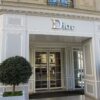

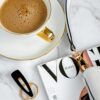

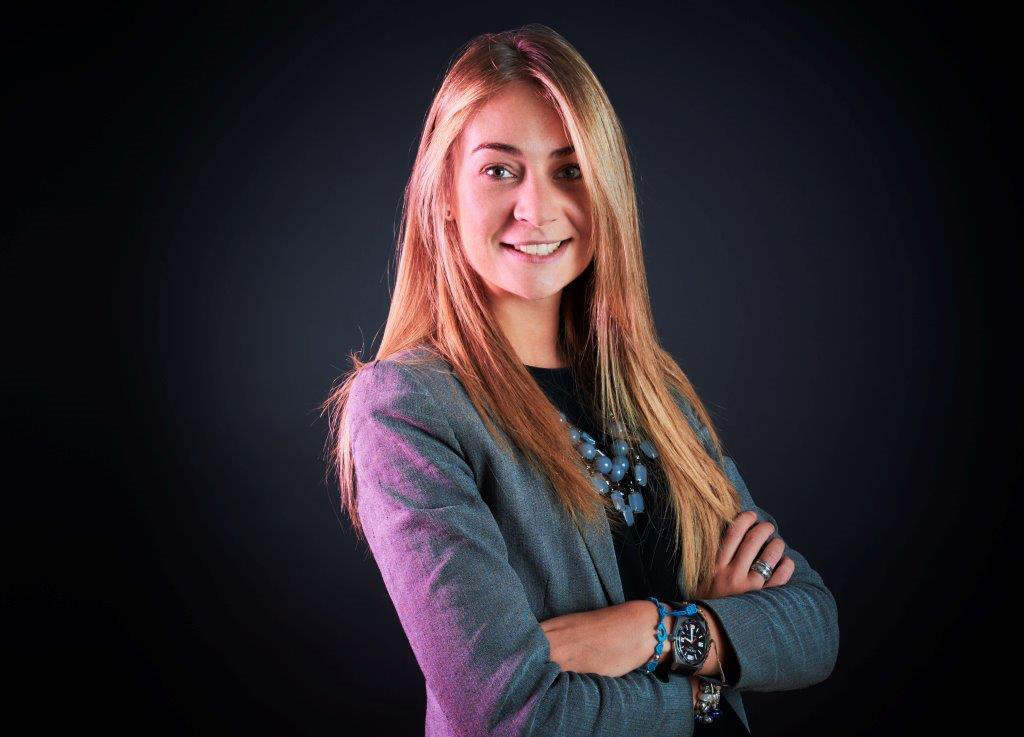
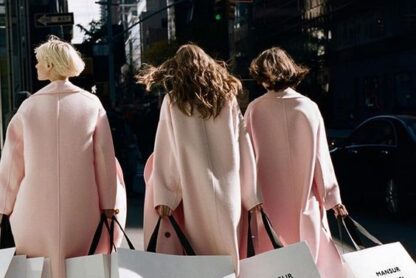
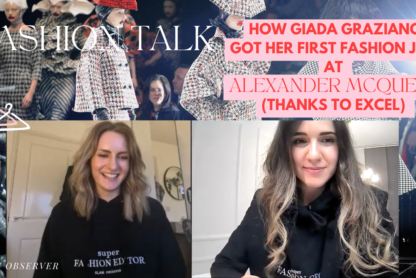
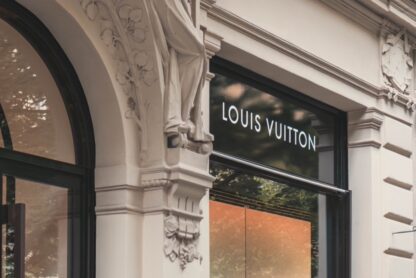
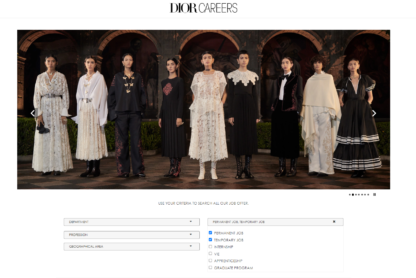
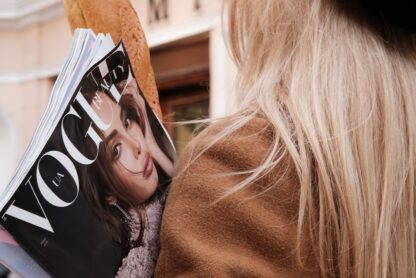
It’s great that you elaborated that you should prioritize the professional requirements for your search. My wife mentioned last night that her friend was looking for a fashion executive search that could help meet their business project demand. Thanks to this informative article, I’ll be sure to tell her that consulting a trusted executive search can help them with their concerns.
A talent acquisition strategy requires your organization to understand its needs and proactively search for the best fit for both now and the future. The right approach to this process positions your company for success in the face of market challenges.